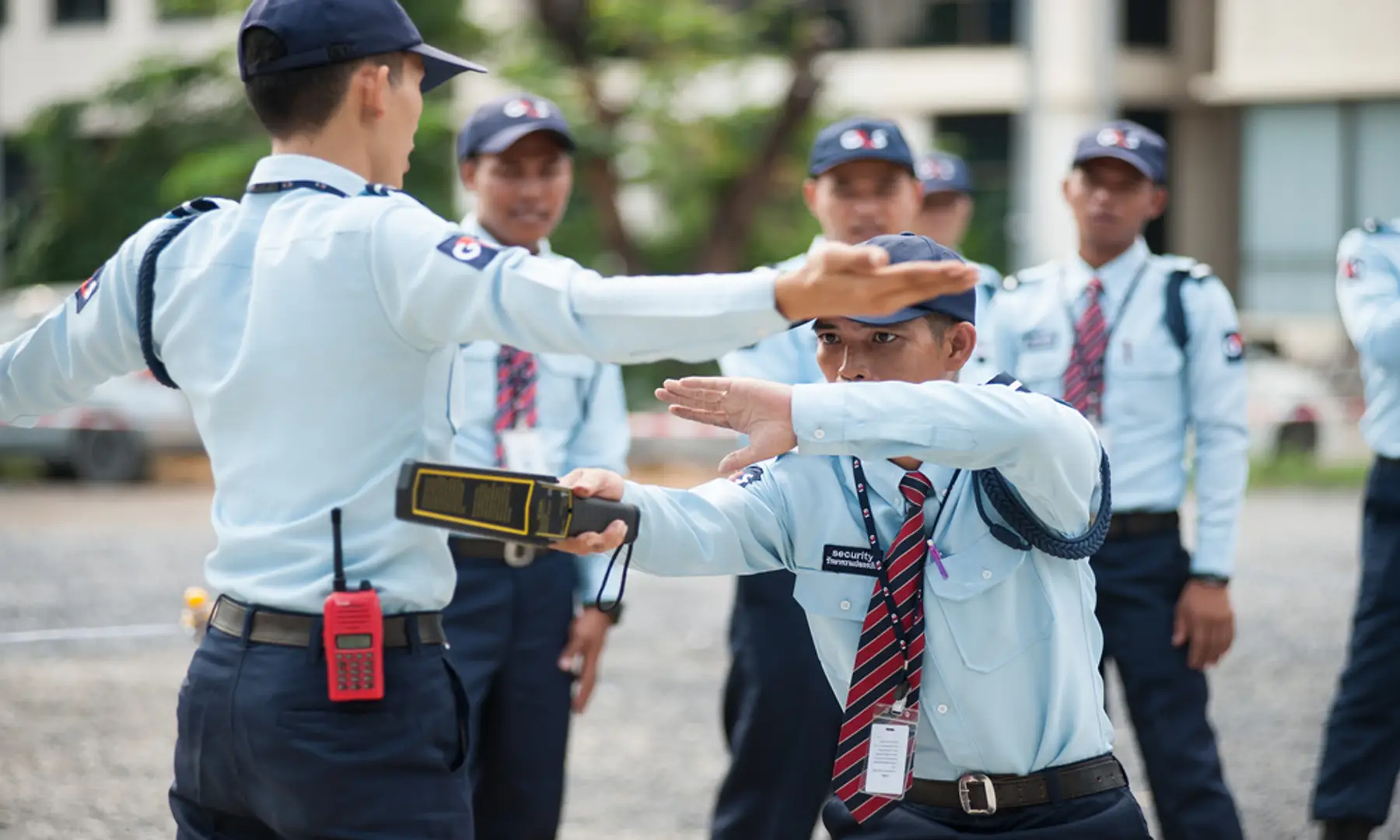

What You Need to Know About Security Guard Training for a Successful Career
The Role of Security Guard Training in Building a Skilled Workforce
Security guard training is a critical step toward developing the skills necessary to maintain safety and protect people, property, and assets. With growing concerns around crime prevention, workplace safety, and emergency preparedness, trained security personnel are more essential than ever. Whether you’re entering the field for the first time or looking to improve your qualifications, a strong foundation in security guard training can set the stage for long-term career growth.
In this article, we’ll explore the essential components of security guard training, why it’s required, what topics are covered, and how it enhances job performance and professional opportunities.
Why Security Guard Training Is a Legal and Professional Necessity
In many regions, completing a certified security guard training program is not just recommended—it’s legally required. Licensing authorities typically mandate specific hours of instruction and practical experience before granting a security license. These requirements ensure that every guard possesses the knowledge and competencies to perform their duties effectively.
Beyond legal obligations, proper training demonstrates professionalism and accountability. Employers prefer candidates who have completed formal training because they’re more likely to be dependable, vigilant, and capable of handling high-pressure situations.
Core Components of Security Guard Training
Security guard training programs vary by jurisdiction and specialisation, but most cover a broad range of essential topics that equip guards for their day-to-day responsibilities. Key areas of instruction often include:
- Basic Security Procedures
- Training starts with an introduction to common security practices. This includes patrol techniques, access control, surveillance, incident response, and communication protocols. Trainees learn how to identify suspicious behaviour, secure premises, and respond to alarms or emergencies.
- Legal Powers and Limitations
- A major part of security guard training focuses on the legal responsibilities of a guard. This includes understanding the rights of citizens, appropriate use of force, arrest procedures, and how to interact with law enforcement. Guards must operate within strict legal guidelines, and proper training ensures they do so confidently and ethically.
- Emergency Response and First Aid
- Security personnel are often the first on the scene during a crisis. Training includes first aid basics, CPR certification, evacuation protocols, fire safety, and handling hazardous materials. These skills can make a life-saving difference in real-world situations.
- Conflict Resolution and Communication Skills
- Security guards interact with the public regularly, so training emphasises interpersonal skills. Techniques for DE-escalating conflicts, managing aggressive behaviour, and communicating clearly are crucial for maintaining safety without confrontation.
- Report Writing and Documentation
- Documentation is a vital part of a security guard’s responsibilities. Training teaches guards how to write accurate incident reports, maintain logs, and preserve evidence—skills that are often critical in legal or insurance investigations.
Specialised Security Guard Training
Depending on the work environment, some guards may require advanced or specialised training. For example:
Armed Security Training: For guards carrying firearms, additional courses on firearm safety, use-of-force law, and shooting proficiency are mandatory.
Cyber-security Awareness: Guards in tech firms or data-sensitive areas may receive training in digital security threats and access control systems.
Airport and Maritime Security: These positions involve highly specific training due to international safety regulations and passenger interaction.
Specialisations not only improve job readiness but also open doors to higher-paying roles and career advancement.
Choosing the Right Training Program
When selecting a security guard training course, it’s essential to choose an accredited provider recognised by the licensing authority in your region. Look for programs that:
Offer both classroom and hands-on learning
Provide certification upon completion
Include preparation for licensing exams
Receive positive reviews from past students
It’s also beneficial to find training programs that provide career placement support or connections with local security companies.
Benefits of Completing Security Guard Training
Security guard training doesn’t just fulfil regulatory requirements—it delivers long-term value to both professionals and employers. Here are some of the most impact benefits:
Increased Job Opportunities: Trained guards are more competitive in the job market.
Higher Earnings Potential: Specialised and licensed guards typically earn more.
Improved Confidence and Competence: Training prepares you to act decisively under pressure.
Better Safety Outcomes: Trained guards are more effective at deterring threats and ensuring safety.
Career Progression: With continued education, guards can advance into supervisory or managerial roles.
Final Thoughts
Investing in security guard training is a vital step toward a fulfilling and stable career in the security industry. Whether your goal is to protect people, guard property, or provide peace of mind, quality training equips you with the tools to perform effectively and professionally.
As the demand for trained security personnel continues to rise, completing a structured training program will not only make you job-ready but also position you for long-term success in a growing field. Start your journey with the right training and step confidently into a role where safety starts with you.
Related Posts
© 2025 Invastor. All Rights Reserved

User Comments